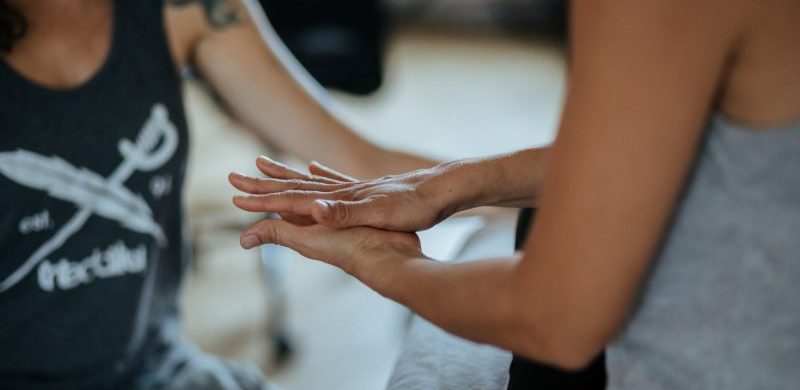
Can you teach me to be less stressed?
Who doesn’t want to live a life without stress? In all of my years of work as a somatic practitioner, this request repeated itself in different ways: “Can you teach me to be less stressed?” It seemed to me that some of the people who expressed this request, almost had to work hard to be more relaxed. They went to workshops, they meditated, they ate well, and drank the right drinks. They also came to me and still had the same question: can you teach me to be less stressed?
Over the years I learned what is now so obvious to me, and maybe also for you: “stress” is only a word. It doesn’t say much if we don’t ask many more questions. If we don’t try to understand the source of it, if we don’t try to touch its cause. Some people hardly breathe in times of stress, while others get migraines or belly aches. There are people who get confused, or lose orientation, those who can’t sleep and those who can’t stop sleeping.
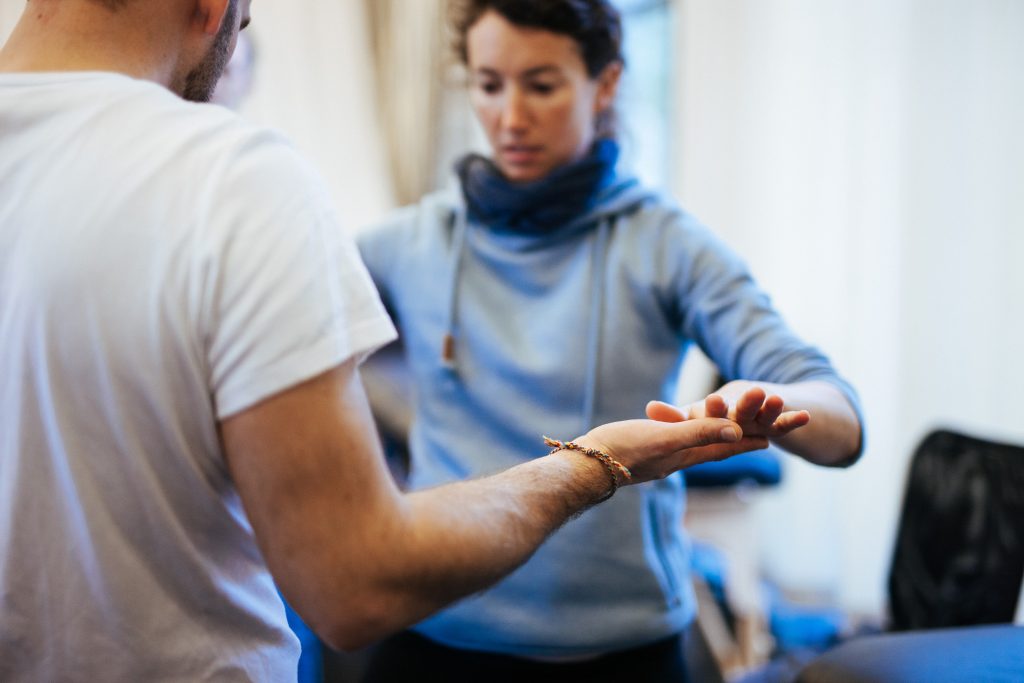
What stresses you?
Our life is full of challenges and things we need to accomplish, and stress is one of the common results of that life. We become stressed for many different reasons. There are people who get stressed before an important exam, while others feel that this is just a game. Some people become super relaxed in times of crisis, while others can hardly breathe. Our source of stress, just like any other thing in our life, is unique. And understanding that, and what causes us to feel stressed is a significant part of the answer.
“Can you teach me to be less stressed?” she asked. She was in her early 30s, and it was just before her final university exam to get her master degree – something that she had been preparing for, for many years. “In the last two weeks I’ve hardly slept,” she said. “I forced myself to do sport every day and to keep some of my normal routines.”
Our conversation revealed that she was a bright woman. When she talked about the research she did, I was fascinated. I knew that if I were to meet her as a friend, I would ask her many questions to understand the incredible knowledge she had. Sleep, I learned quickly, was one of the things that made her feel in control. She believed that she would not be able to perform well without a good night`s sleep.
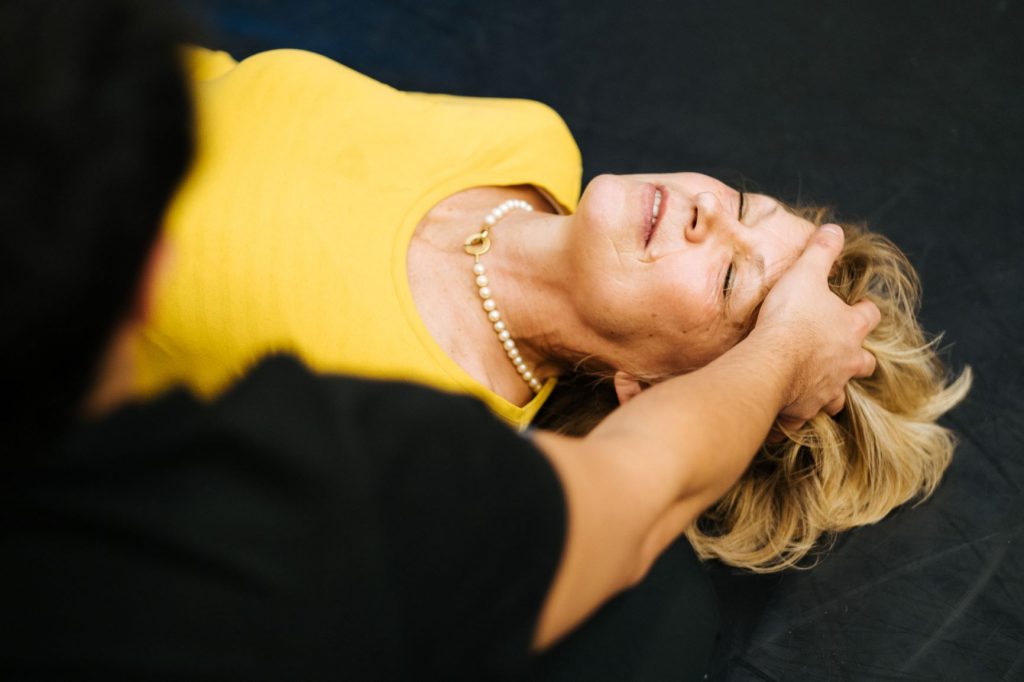
Finding the source
As Pantarei relates to the unique qualities of each person as an answer to the challenges that person faces, I continued asking her many questions. I knew that if I would simply do what she asked me to: to teach her to be less stressed, it would only calm down the symptoms but wouldn’t touch the real source. I wanted a better answer for the intelligent woman that was sitting in front of me, as she asked again with her big eyes: “can you teach me to be less stressed?”
I told her what I saw when I talked with her. I told her that I saw a fascinating and very interesting woman; that her eyes shone when she talked about the subject of her studies; that I was impressed by how she could take a complex topic and talk about it in such simple terms; that I would not be surprised if she would find a job in the exact area she wished. This was not only because of her excellent grades, but because of her commitment, her passion, and her love for the profession she had chosen to study.
She told me how meaningful her studies were, both for her and for humanity. Her partner was aware of her wishes. And it was clear for both of them that they would delay their plans of starting a family together, until she was ready, and had moved her career forward.
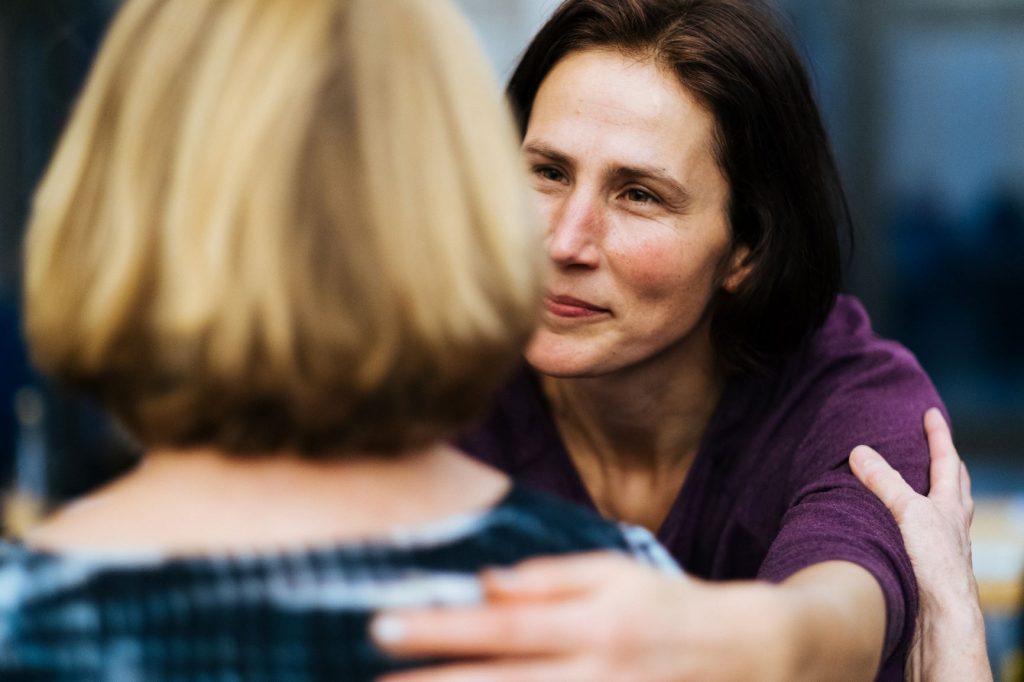
Being able to listen beyond the spoken words
“Does it mean that the stress you wish to get rid of, is also an expression of your wish to succeed?” I asked. We continued to explore that direction, while I added my hands to touch her tired eyes and the tension in her neck. I felt as if each part of her muscles asked me the same questions: can you teach me to be less stressed? Even when my hands touched her, I continued to ask her questions about her future profession, her passion, the professors she appreciated so much and wanted to work side by side with. Her excitement was present with us in the room, and started to flow in her body, and helped my hands relax her tensed muscles.
“What you call “stress”” I told her, “feels to me like a river of excitement, that you try to contain.” She moved her head in agreement and her back started to move with my hands. “Would you be open to try and just allow it a bit more?” her body answered with movement, deep breathing and something I interpreted as great joy.
At the end of the session it was clear for both of us that in her next session she would not ask me: “Can you teach me to be less stressed?” But rather, would come to explore her excitement for the future she wished to create for herself.
“You might continue sleeping poorly until your exam,” I said. “Her eyes laughed with me, and it was clear for both of us that she would not even try to change that. It was clear that her nights would be used to read the many books she had lying on her nightstand. She knew, her eyes told me, that there is nothing wrong with less sleep during certain periods of life.
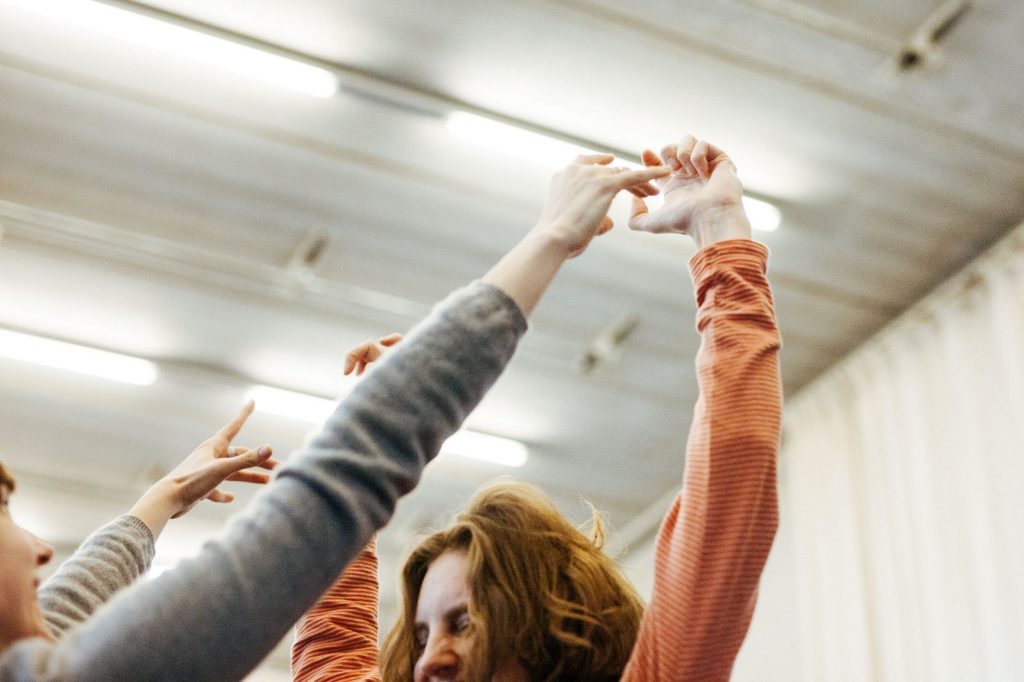
There might be so much more to your stress
Stress is an individual thing. There are so many reasons for it, so many ways it can be expressed, and therefore so many answers to how we can address it. Just a moment before we go to someone and ask them – can you teach me to be less stressed? we should take a moment to ask ourselves what makes us feel stressed. This thinking process might lead us to ask a more precise question: what is expressed through our stress? What is important for us in life, what is our drive to move and change?
What are the reasons for stress in your life? What does it say about the things that are important to you in your life?
by Vered 


